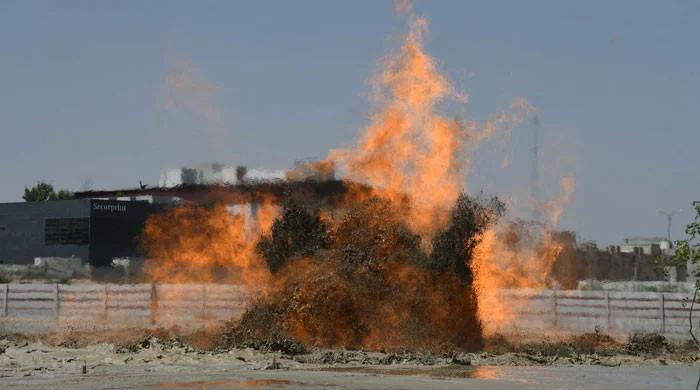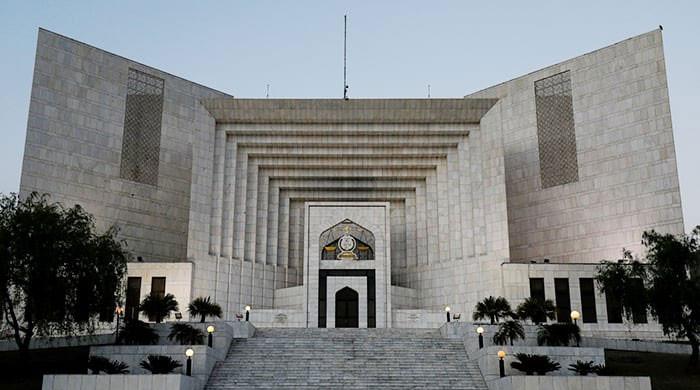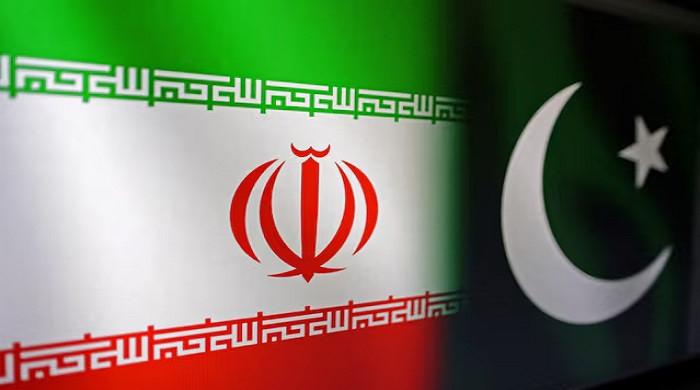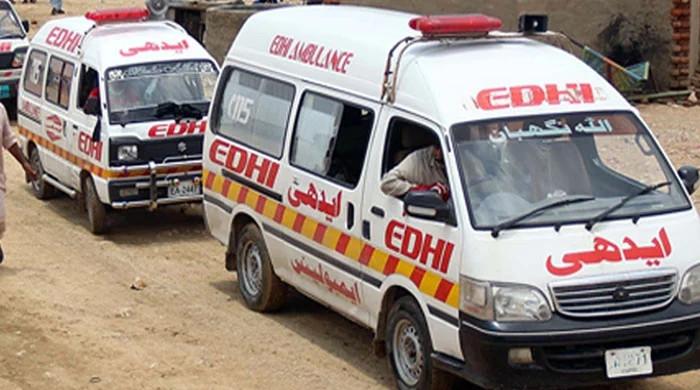Breaking up K-Electric’s monopoly
The K-Electric is a vertically-integrated company, which means that it’s next to impossible for non-integrated players to enter the market without state's help
July 16, 2020
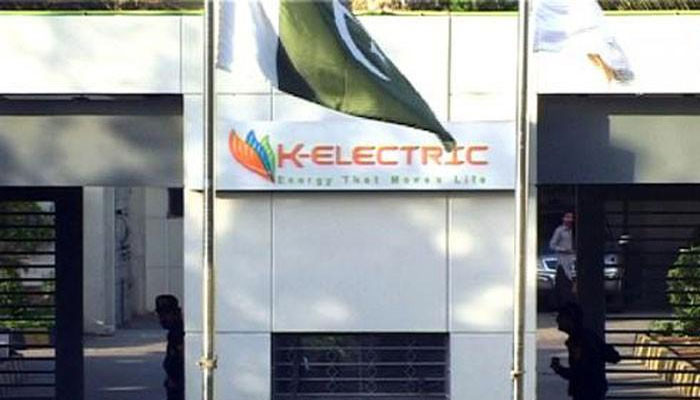
The K-Electric (KE), a largely private company in Karachi, Pakistan’s financial hub, manages all the stages of power generation, transmission and distribution in the city.
In other words, it controls most elements of delivering energy to consumers and has absolutely no competition.
On June 26, and then again on July 11, K-Electric assured both Sindh’s Governor Imran Ismail and Federal Minister Asad Umar of ending load-shedding within a couple of days.
But nothing happened.
Despite the provision of additional gas and furnace oil, as demanded by KE, there has been no reduction in power outages. In fact no-loss areas, which are exempted from load-shedding, continue to face blackouts.
The K-Electric is a vertically-integrated company, which means that it’s difficult for non-integrated players, or any other company for that matter, to enter the Karachi market without help from the state.
Potential entrants will face the daunting task to cover all stages of distribution and generation of power in order to compete. This will increase their capital costs and the minimum efficient scale of operations.
Despite repeated electricity supply fiascos, K-Electric insists that power generation alone is not the issue. But experts say that transmission and distribution networks in the city simply can’t handle the load because K-Electric has not adequately invested in these networks.
When K-Electric removed the copper-wiring and replaced it with silver, the company justified the action by saying that silver does a better job of handling electricity load. Why then, one must ask, are there grid failures across the city every other day? Why are power cables heating up? Why are they collapsing in the face of high humidity?
Now, the China-based Shanghai Electric has once again shown interest in acquiring 66.4% of K-Electric.
But instead of allowing Shanghai Electric to buy majority stakes in KE, the federal government should create competition in Karachi by facilitating and subsidizing other energy providers to enter the market. There is already a lot of interest in power generation, be it fossil fuel-based or via alternate means. This should be explored but priority should be given to transmission and distribution which can be initiated on a small scale and gradually expanded across the city based on performance while keeping electricity rates under control.
Otherwise, unscheduled power outages will continue rain after rain, heatwave after heatwave, and humidity after humidity, with no end in sight.
Siddiqui is an executive producer at Geo News, and Editor Jang-The Economist annual edition. She tweets @munazza193





